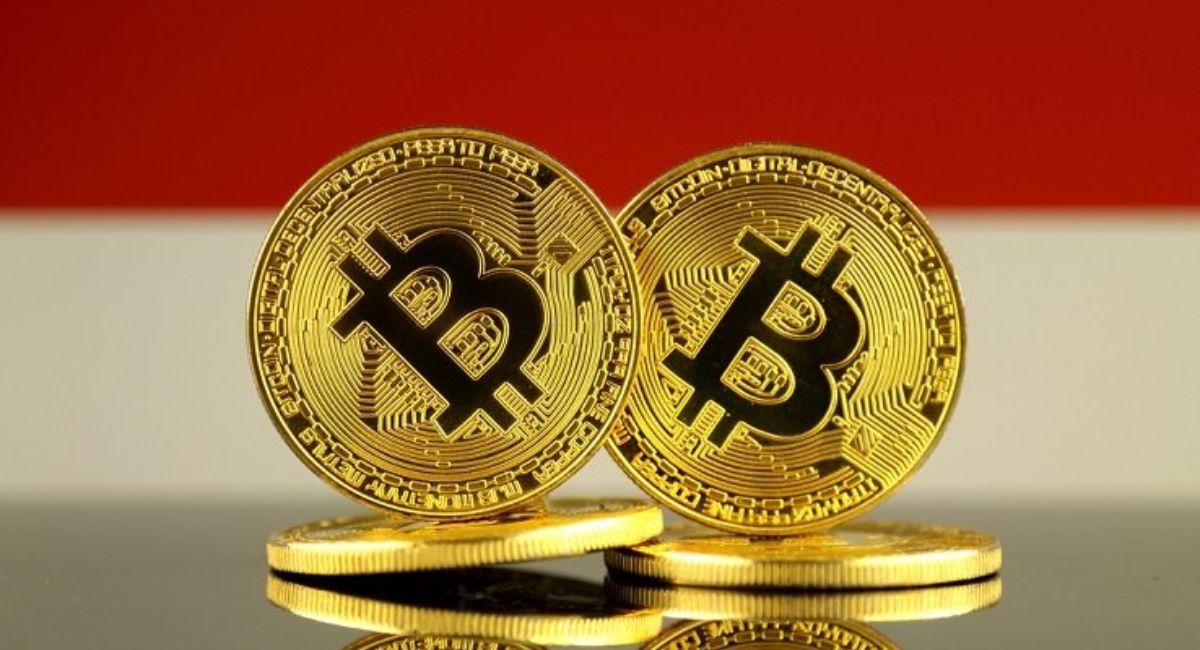According to a member of the nation’s tax compliance special staff named Yon Arsal, Indonesia has gathered close to $6.8 million in revenue since the implementation of taxes on fintech and cryptocurrency transactions in May.
Arsal voiced his confidence that the number would increase during a recent retail conference. He reasoned that since the taxes were still in their early phases, the increase would be expected.
On May 1 of this year, the Indonesian Ministry of Finance implemented a value-added tax (VAT) of 0.1% on the acquisition of cryptocurrencies and digital assets.
Increasing Crypto Adoption in Indonesians
Due to the rapidly growing popularity among local investors, the Indonesian government has made the decision to tax cryptocurrency transactions.
In addition to this, since the COVID-19 outbreak broke out in Indonesia, interest in cryptocurrencies has shot through the roof. In 2021, the number of people who owned cryptocurrency reached 11 million.
According to the report:
“The overall electronic asset transactions reached 59.8 billion USD in 2021, up 10 times from 2020,” reported Indonesia’s Commodity Futures Trading Regulatory Agency.
Indonesia, which has the largest economy in Southeast Asia, decided to tax cryptocurrencies as a means of shoring up state finances after the pandemic that swept through the region.
The spokeswoman for the tax office, Hestu Yoga Saksama, has earlier mentioned the following:
“Assets denominated in cryptocurrencies will be subject to value-added tax due to the fact that the trade ministry considers them to be commodities. They cannot be used as a kind of currency. Therefore, we will implement a value-added tax and an income tax.”
In the meantime, Fasset Technologies, a startup company that specializes in digital assets and financial technology, has just formed a partnership with the international payments giant Mastercard to promote financial inclusion in Indonesia.
In light of the rapid pace at which the world is transforming, Fasset planned to make its bespoke technology available to the Indonesian financial sector in order to digitize the provision of banking services.
On the other hand, the Bank of Indonesia is conducting research into the impact of central bank digital currency (CBDC) on the local economy in order to improve the effectiveness and accessibility of the country’s financial system.
